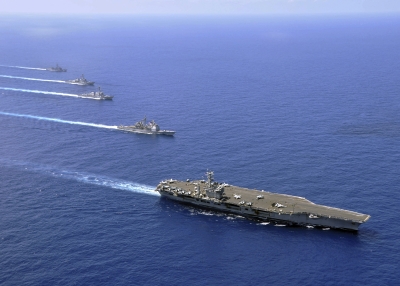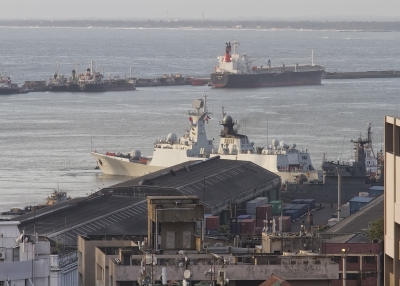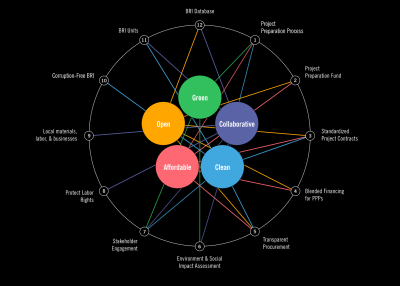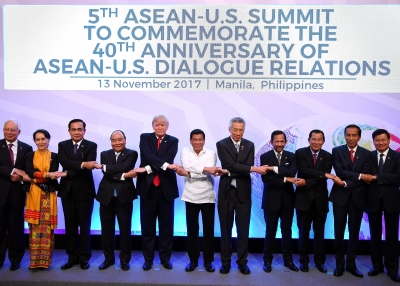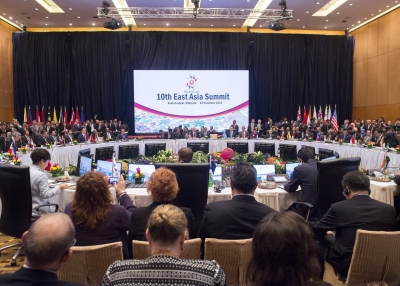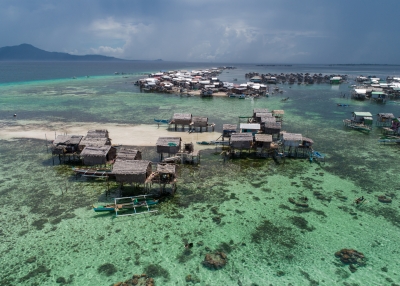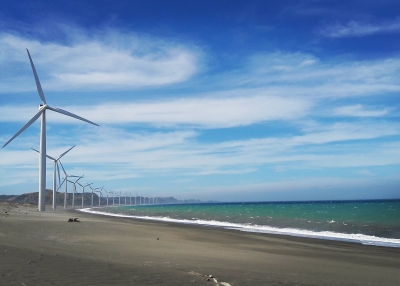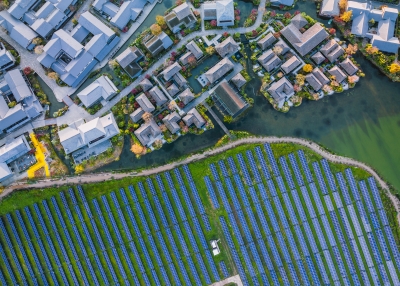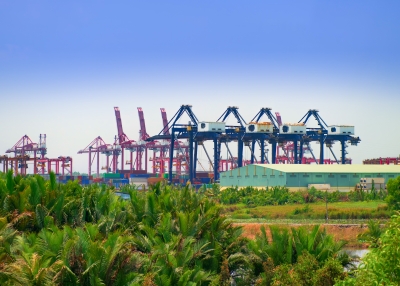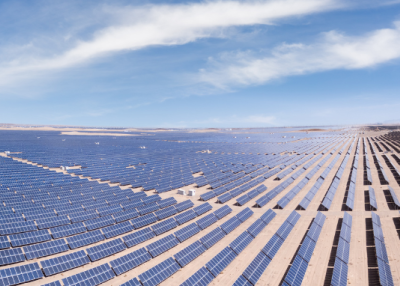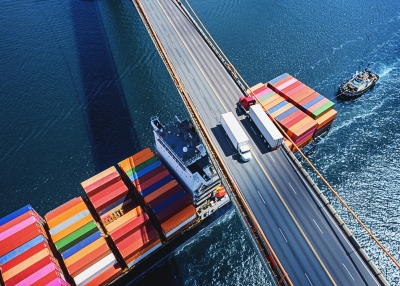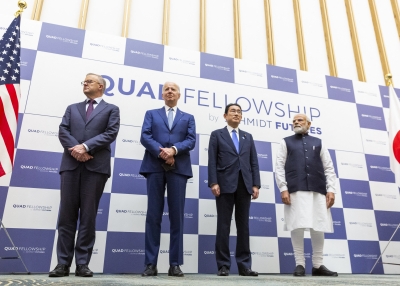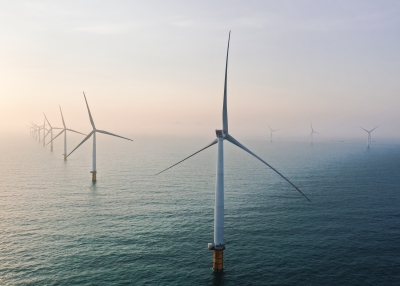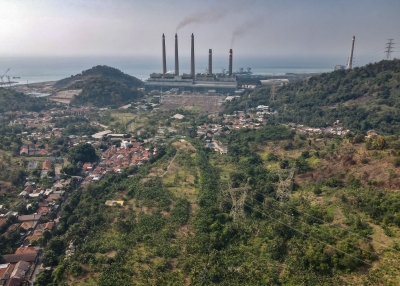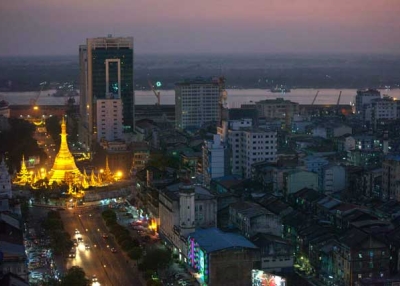
Anchored by the Association of Southeast Asian Nations (ASEAN), Southeast Asia is one of the most dynamic and diverse regions in Asia. It includes Brunei, Cambodia, East Timor, Indonesia, Laos, Malaysia, Myanmar, Philippines, Singapore, Thailand, and Vietnam. Over the past 50 years, Southeast Asian nations have managed to overcome instability and conflict to build a successful multilateral forum that promotes regional cooperation and consensus-building among a highly distinct and internally diverse group of countries.
ASPI’s work on Southeast Asia focuses on policy dialogues and solution-oriented projects and recommendations reports, as well as sharing insights about and perspectives from the region through public events and expert commentary. ASPI conducts projects that aim to enhance the security, prosperity, and sustainability of the region, as well as advance Southeast Asia’s relations with the United States and the rest of the Asia-Pacific. For instance, ASPI’s U.S.-Myanmar Track II dialogue helped inform policymakers in both countries at a time that Myanmar’s government was inching toward reform and opening up to the international community.
Featured Initiatives
Reports
Featured Countries
Commentary
-
Professional development program for ASEAN early-career female trade experts in 2024.
-
articleFarwa Aamer and Meera Gopal highlight the key outcomes of the meetings, examining the evolving international financial architecture and reform agenda, with a focus on Asia.
-
articleBetty Wang analyzes how climate issues have shown up in recent elections in Asia and how electoral outcomes will influence future climate progress.
-
articleRussian President Vladimir Putin’s “grain diplomacy” continues to cause headaches for the European Union while potentially reshaping global trade dynamics and markets more in Moscow’s favor.
-
articleFarwa Aamer and Blake Berger explore China's BRI investments amid political transitions.
-
articleMuyi Yang and Alistair Ritchie write on the crucial role of China in financing the clean energy transition in Southeast Asia.
-
articleA re-elected Trump will be better prepared to reshape America’s place in the world. Australia and its allies must be ready too.
-
articleIn recent years, global food security has suffered from overlapping crises caused by conflicts, geopolitical tensions, climate change, and the COVID-19 pandemic, resulting in severe food supply disruptions.
-
podcastRichard Maude joins the 'Australia in the World' podcast and discusses what was learned from 2023, what trends were notable, and what we might expect – or hope for – in 2024.
-
articleIn the last few years Asia’s food security has suffered a series of crises induced by conflict, climate change and the Covid-19 pandemic, causing great disruptions to food supply systems.

